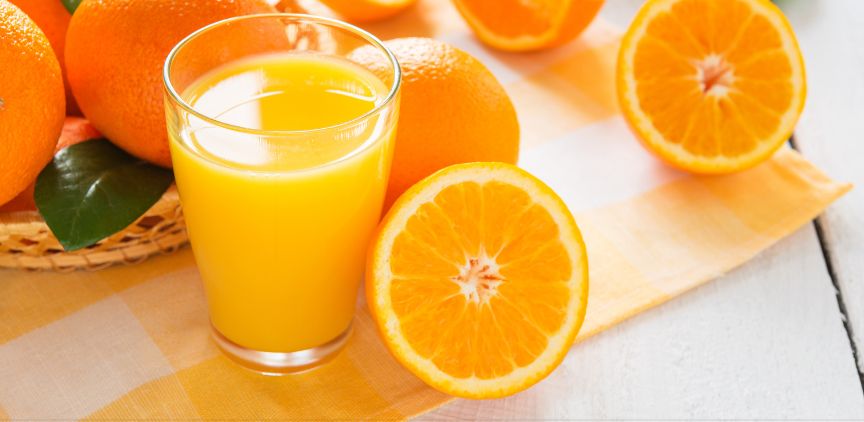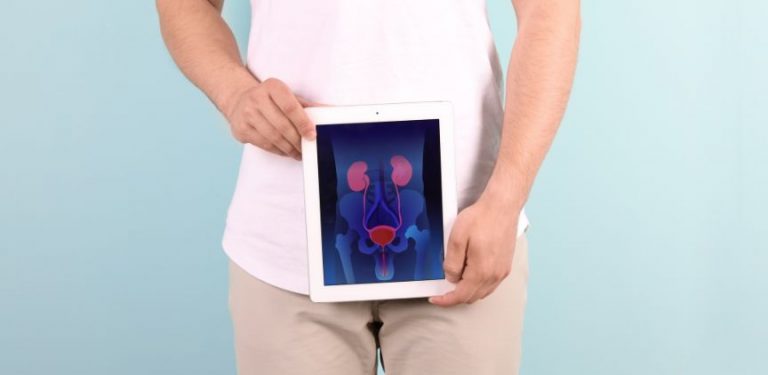What are the Worst Drinks for COPD?
Most of us take the ability to breathe easily for granted. For those with chronic obstructive pulmonary disease (COPD), every breath can be a challenge. The world-renowned Mayo Clinic states that COPD results from damage done to the lungs, causing a chronic lung condition. COPD causes wheezing, a tight chest and severe cough that can be life-altering for those with the disease. Certain activities, environments and foods can worsen these symptoms. Similarly, some beverages can also exacerbate the symptoms of COPD.
By avoiding these beverages, you can potentially reduce the severity of your symptoms and improve your quality of life. Because these beverages may worsen the symptoms, it would be best to avoid them and choose water instead. Understanding the impact of what we consume is a powerful tool in managing COPD. Let’s explore the ten worst drinks to consume with COPD and why avoiding them can empower you to take control of your health.
1. Sodas
Sodas are aerated, which means they contain carbon dioxide. Because of the carbonation, you may have experienced uncomfortable bloating after having a few sodas. This bloating, or swelling, causes increased pressure in the torso. In turn, this pressure may make it more challenging to take the deep breaths necessary for full oxygenation of the body.
2. Energy Drinks
Many energy drinks contain a high amount of caffeine, which may interfere with the effectiveness of COPD medications and worsen the painful symptoms associated with COPD. In addition, many energy drinks are carbonated, which limits the ability to breathe deeply.
3. High Salt Drinks
Drinks with added salt, such as tomato juice, or mixed beverages, such as Caesers, may contain high sodium. Sodium worsens COPD symptoms because retaining fluid is an unpleasant and common symptom of COPD. Consuming too much salt worsens this fluid retention, known as edema, because of the poor blood circulation caused by COPD.
4. Dairy-based Drinks
Dairy-based products, including milk and liquid yogurts, cause an excess of mucus and phlegm to build up. In people with COPD, this phlegm restricts breathing because of poorer air exchange in the lungs.
5. Coffee
You should consult your pharmacist or healthcare provider because caffeine may cause an adverse reaction with certain COPD medications. Treating COPD successfully means all hands on deck. Avoid eating or drinking anything that interferes with the effectiveness of the COPD medications. As an alternative, seek out delicious caffeine-free coffee options.
6. Alcohol
One effective way to ensure easier breathing is to drink plenty of water. Water works at thinning any accumulation of mucus, which eases breathing. Alcohol is a diuretic, which may result in dehydration. Even more concerning is that alcohol may slow the rate of breathing. Every breath counts, especially with COPD, so avoid alcoholic drinks and products that contain alcohol.
7. Citrus Juices
While many citrus juices may be nutritious, some may cause heartburn. Heartburn is painful but relatively harmless. However, when heartburn is combined with COPD, this acid reflux may become more problematic and may even develop into a cough. The combination of COPD and heartburn can worsen breathing and be life-limiting.
8. Tea
Just like coffee, many tea varieties are caffeinated, which may result in dehydration or a negative COPD medication drug reaction. Take heart, though, as many teas are naturally caffeine-free and can be enjoyed safely. These teas include chamomile, peppermint, rooibos and hibiscus.
9. Beers
Beers, even low alcohol content options, still contain alcohol, Like all alcoholic beverages, they negatively impact the symptoms of COPD. By avoiding beer, someone with COPD can avoid the associated dehydration and slowed breathing, as well as the increased abdominal pressure, which negatively impacts breathing.
10. Coolers and Ciders
These beverages carry many concerns, as they combine two factors that will worsen COPD symptoms. First, they likely contain alcohol, which runs the risk of causing dehydration and slowing breathing. Second, many coolers and ciders are carbonated, and the bubbles within carbonated drinks cause bloating and swelling, which increases pressure in the torso and slows breathing.
Treatment Options for COPD
While the lung damage associated with COPD is permanent, there is hope. By making fundamental lifestyle changes, including a healthy diet and regular exercise, you can manage the disease and live well. These changes, along with avoiding smoking and being around secondhand smoke, and limiting your alcohol intake, can significantly improve your quality of life.
Treatment for COPD is as varied as how severe the disease impacts a person. Many find benefits in pulmonary rehabilitation, which includes education and physical and occupational therapy. Others find relief from their COPD symptoms with inhalers such as bronchodilators, as well as steroid medications and nebulizers.
Remember, your healthcare team is there to support you. They can help you navigate the many treatment options for COPD, including clinical trials. A conversation with them will provide reassurance and help you decide which treatment is best for you.
Looking for more healthy diet tips? Check out our article on menopause bloating.

